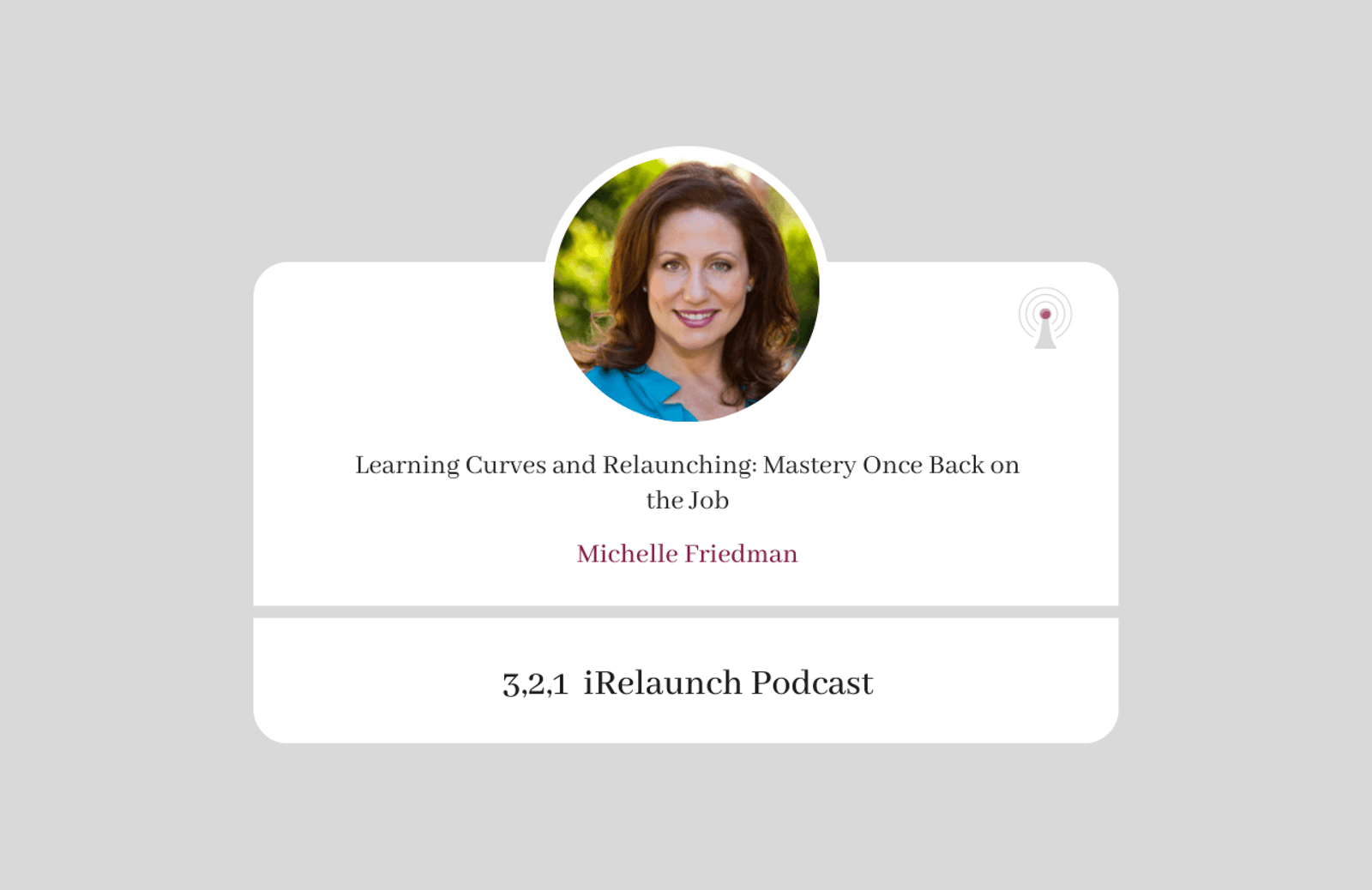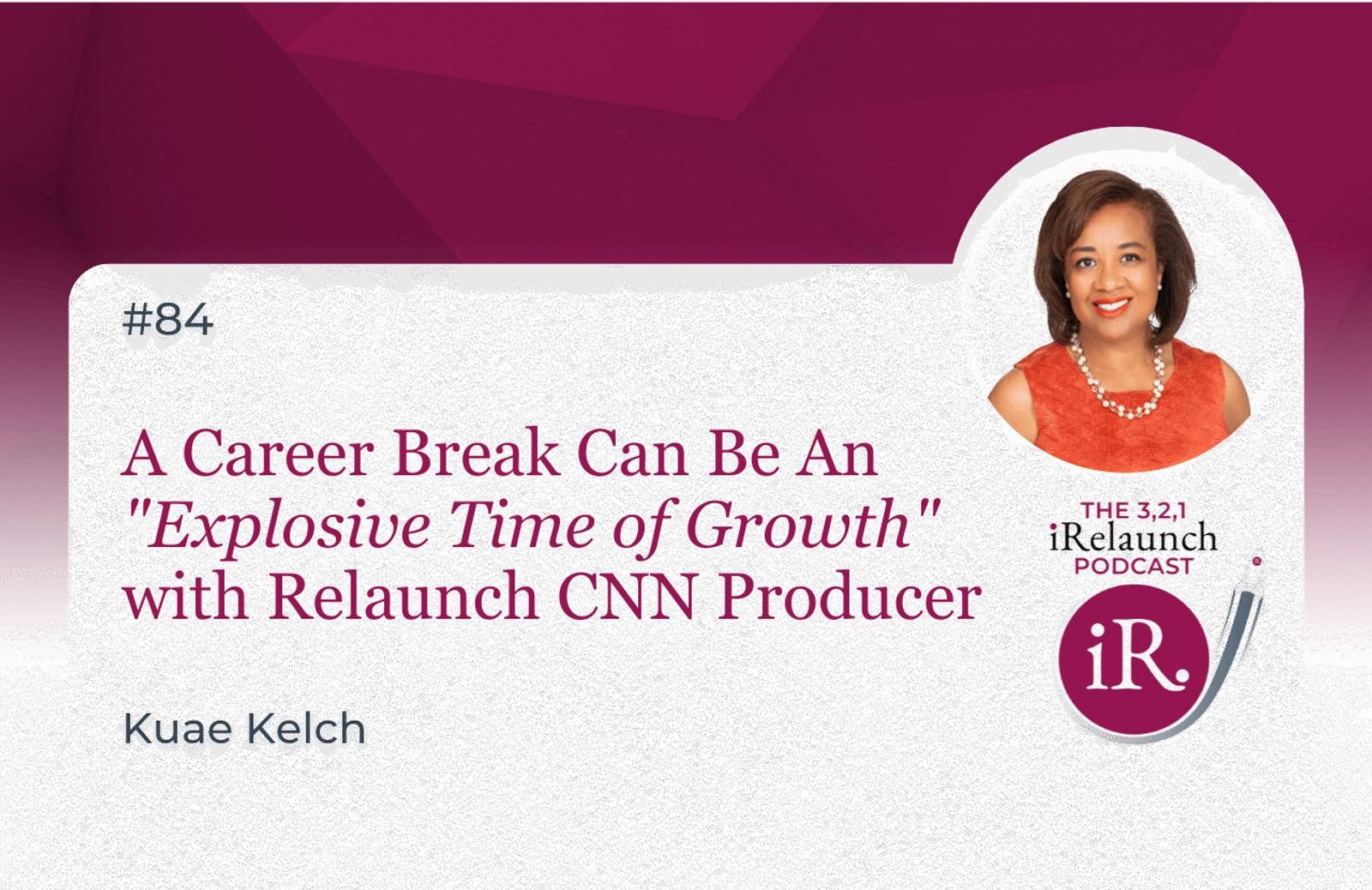After a challenging eight-month job search, Lily P., a former arts
publication editor with a twelve-year career break, finally landed a
position as a development officer at a major cultural institution in New
York. In the three weeks leading to her start date, she organized her
home, her kids’ schedule, and her new work wardrobe. She sent emails
updating and thanking the dozens of people who’d helped her with
referrals, advice, and encouragement during her search. But three days
before her start date, she had a moment of panic.
“I realized that after
all my efforts to land this job, I couldn’t conjure up a picture in my
mind of how I would actually be successful at it."
While Lily had a good sense of what her new job entailed, she had no
vision or clarity about how she wanted to shine in it. She nervously
phoned two friends who had recently relaunched, and they talked her
through the development of a game plan for her first 100 days. Lily told
me recently that having her 100-Day Plan made her feel more confident
and focused. Her advice to relaunchers about to return to a new job:
Don’t wing it.
You can plan for your own success with these suggested steps:
1. Set specific goals.
Don’t just let your first few months happen to you. Take the reigns.
When you envision yourself with 100 days of experience under your belt,
what do you want to see? Maybe it’s a person who can competently write a
grant proposal or run a meeting. Maybe it’s someone who is proficient
at a particular computer program or who can give an excellent
presentation to her team. By identifying what achievements you want to
go after -- no matter how small – you can develop the action items that
you need to make them a reality. You’ll also navigate each day with
greater intention, purpose and confidence.
2. Seek support in defining success.
Don’t guess at what success might look like from your employer’s
perspective in your first 100 days. Either before you start, or in your
first week, consider approaching your manager or supervisor and saying:
“I really want the first few months of my relaunch to go well. How would
you view them as having been successful?” It’s a great question and
s/he will respect you for asking it.
3. Get to know the organization.
One tremendous benefit of being a more mature hire than you were
before your career break is that you likely bring a broader perspective
to your new role. You probably can connect the dots between your new
role and your employer’s mission better than you did before. By meeting
people across the organization, you can enhance your ability to make
that connection, and expand your network at the same time. Lily
prioritized having a weekly informational conversation with an employee
outside her department. “Not only did all those chats make my “new hire”
feeling fade more quickly, but I was able to share some of the intel
that I’d gathered with my team. I think they were impressed by that."
4. Be prepared to feel highly competent ...
... and completely overwhelmed. Extremes are an inherent part of the
relaunch experience. Get your mental game ready for it, especially
during your first 100 days. Kelly Dreyer, a Supplier Quality Engineer
who landed a position at Garmin International after an 18 year career
break, advises: “Be patient. I felt like I had to learn a new way that
people work. I am sure that I am the only person who takes notes at
meetings on a pad of paper.” Kelly attributes listening to "3, 2, 1 iRelaunch" podcast
episode 73, “Learning Curves and Relaunching—Mastery Once Back on the
Job,” with Michelle Friedman, for helping her navigate those emotional
swings about competency when going back to work. "After the ups and
downs of the first few months," she said, "I realized I hadn’t forgotten
all that I had learned in my previous career.”
Do not get caught in a ‘rollercoaster ride’ mindset in your first 100
days at your new job. Maintain a calm and steady approach. Anticipate
that there may be experiences that either deplete or build your
confidence ... and they may both happen in the same hour!
5. Make a positive first impression.
As the saying goes...you only get one chance at a first impression. Studies
confirm that once a person makes a first impression, others filter
everything through that initial impression. They judge whether
subsequent actions and appearances prove or disprove the first
impression. While it is not impossible to overcome a bad first
impression, why create work for yourself? In your first 100 days, make a
positive impression with behaviors such as maintaining poise and
professionalism, actively listening, having a good handshake and making
good eye contact.
You can increase the likelihood of a successful start to your
relaunch by actively strategizing about it, such as with a 100-Day Plan.
You’ll feel a greater sense of control and it won’t be long before it’s
Day 101, and you are celebrating what you’ve achieved.





